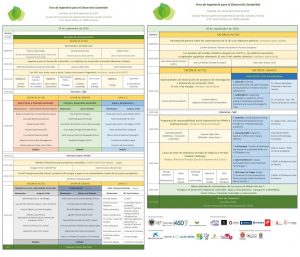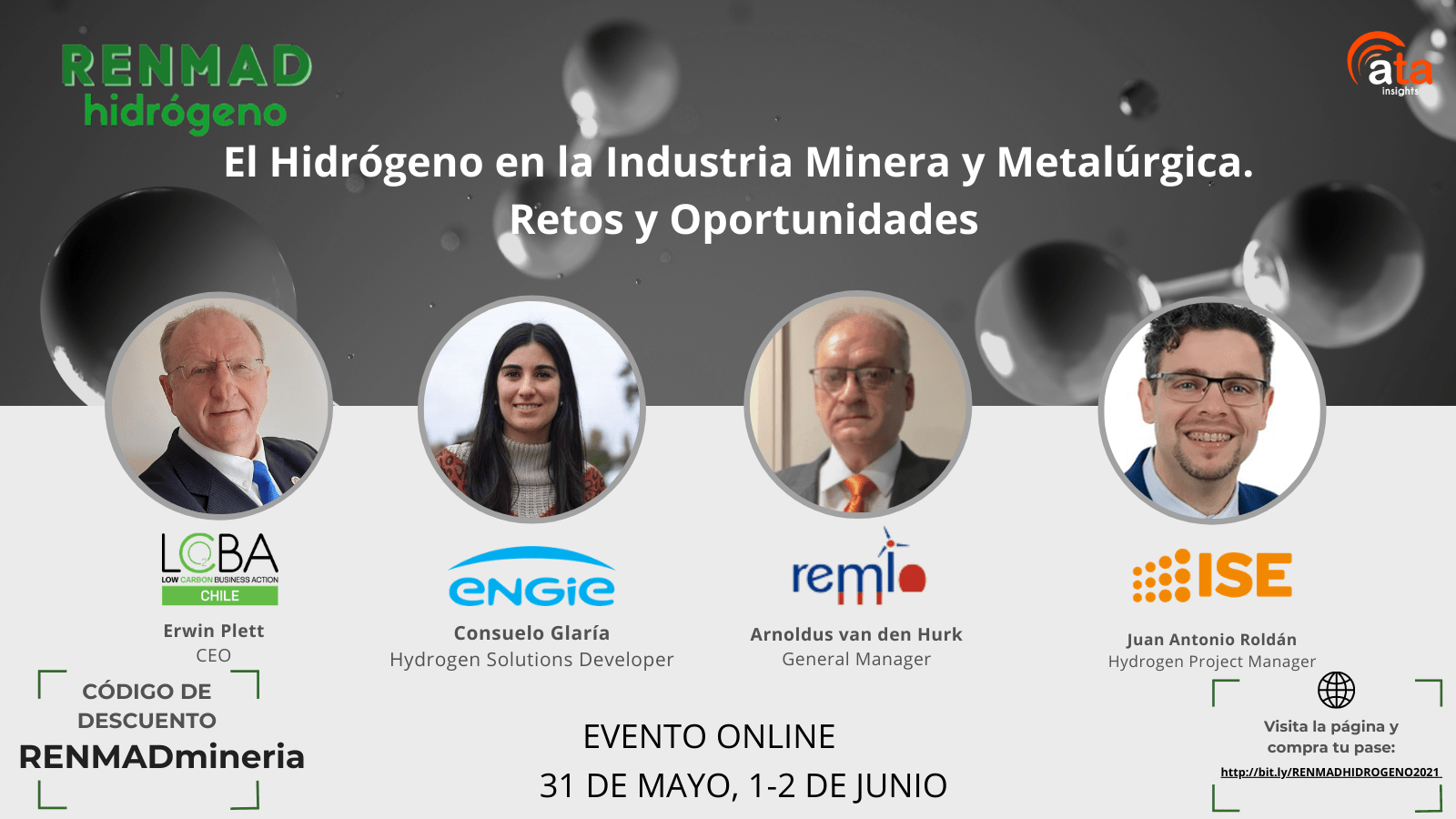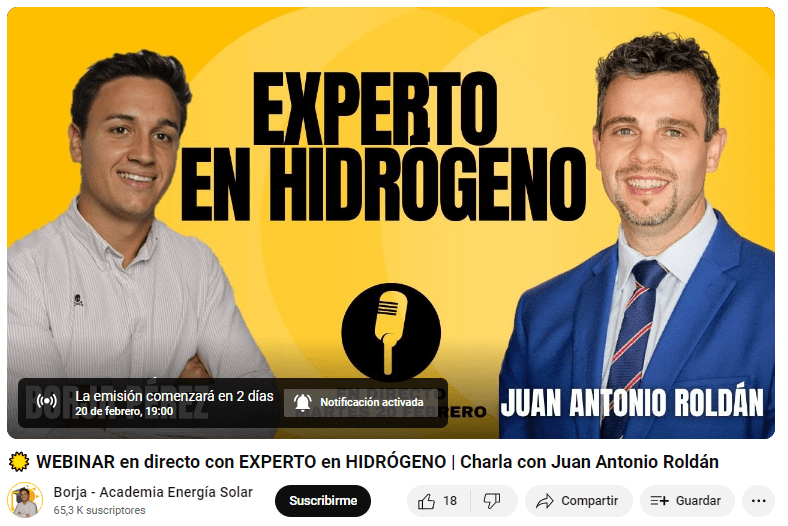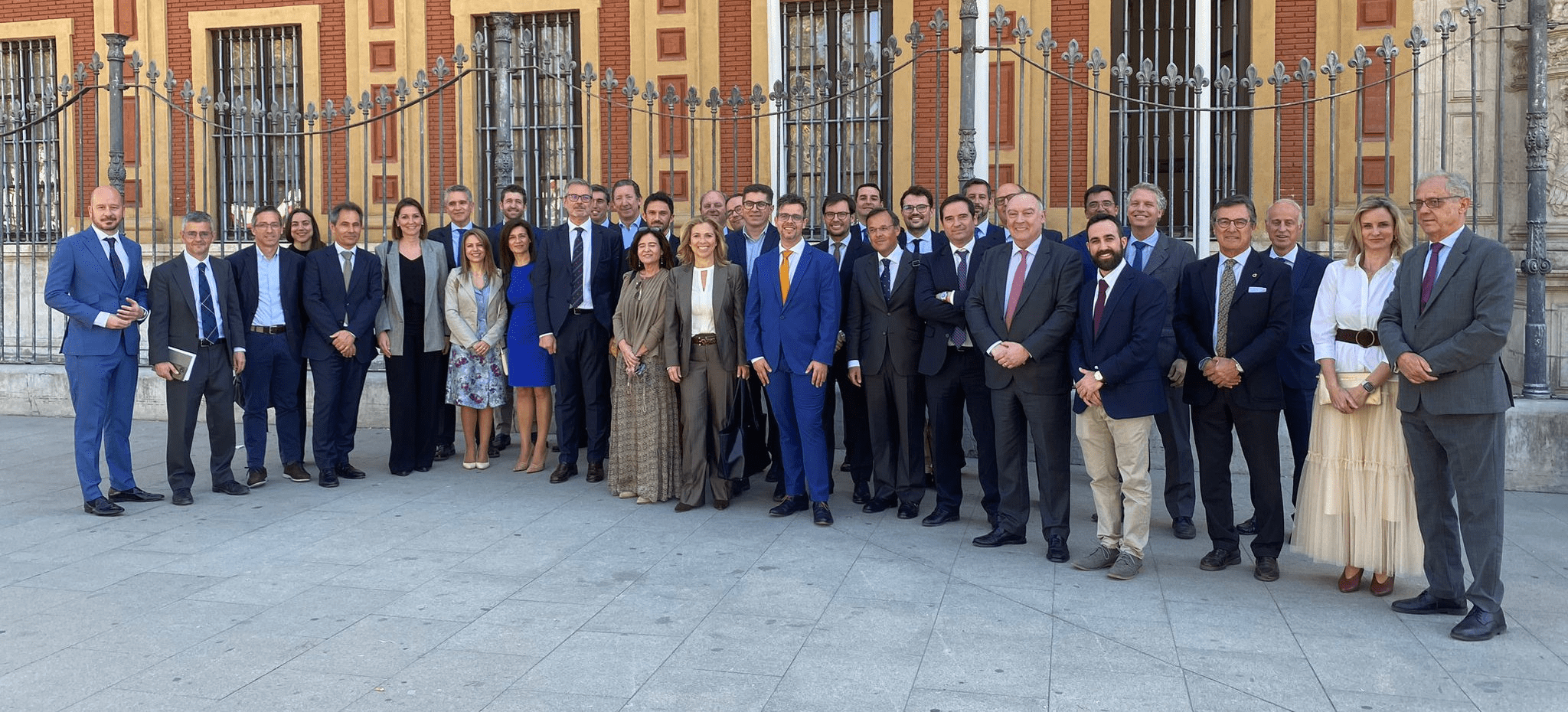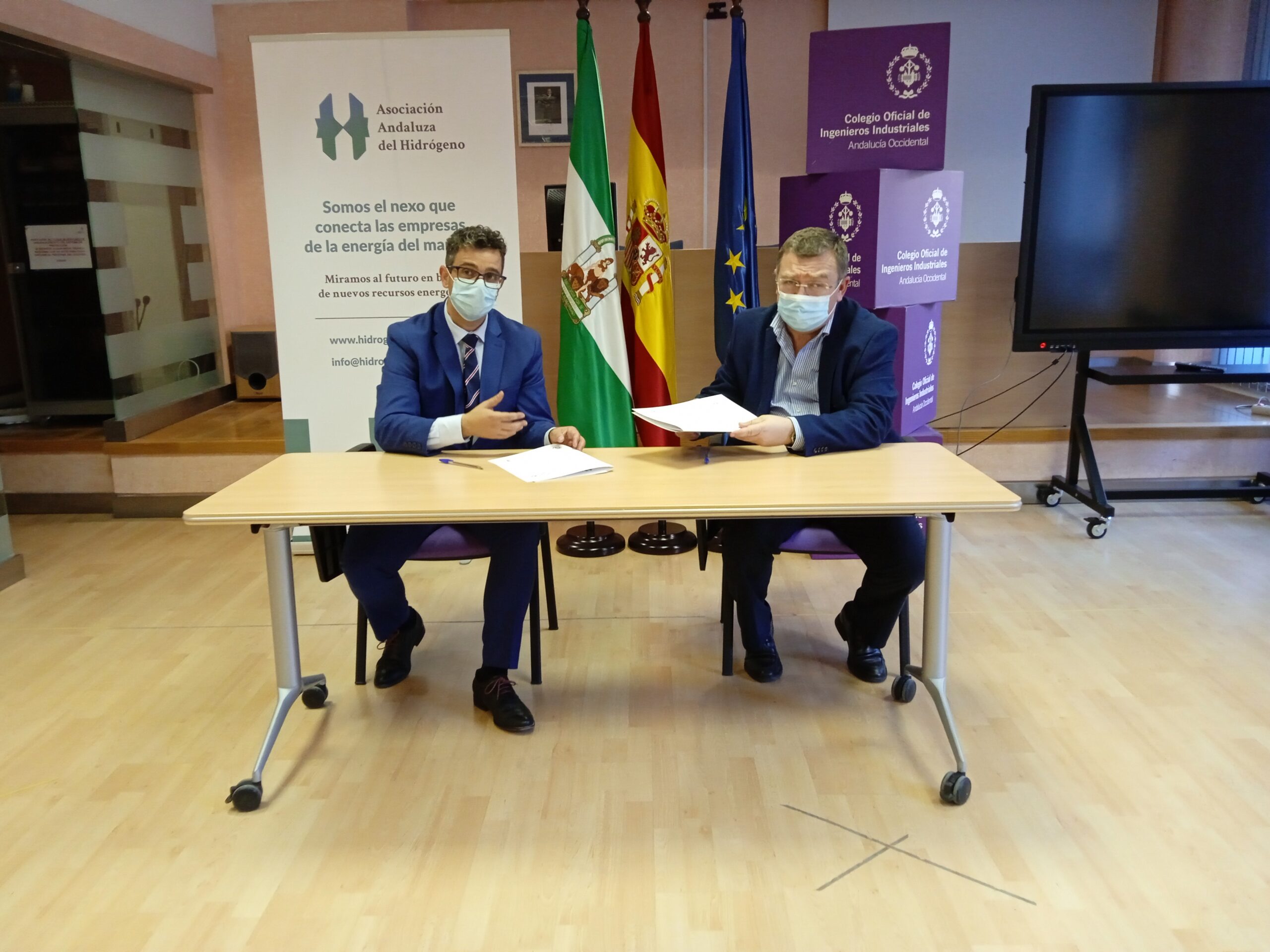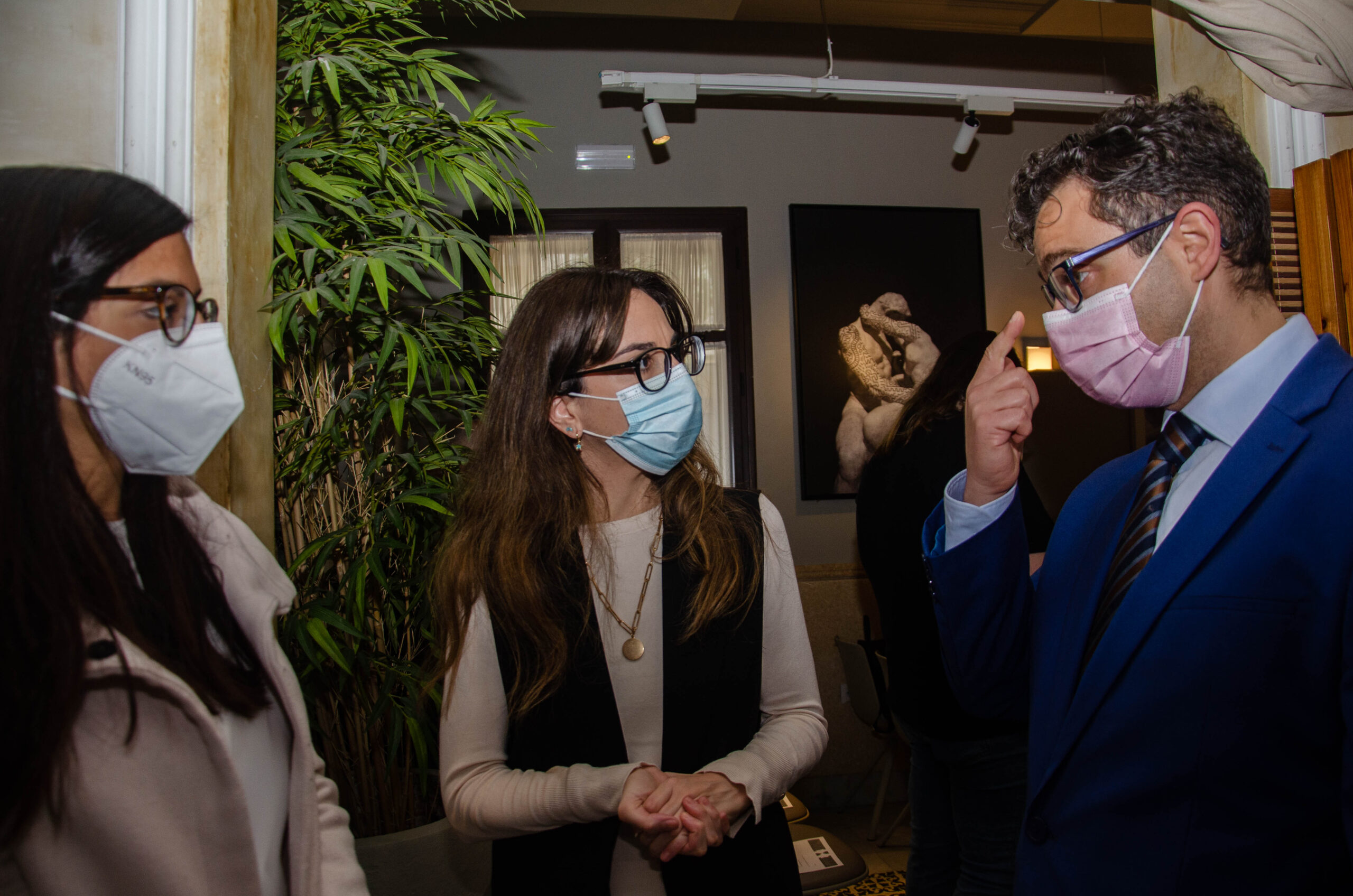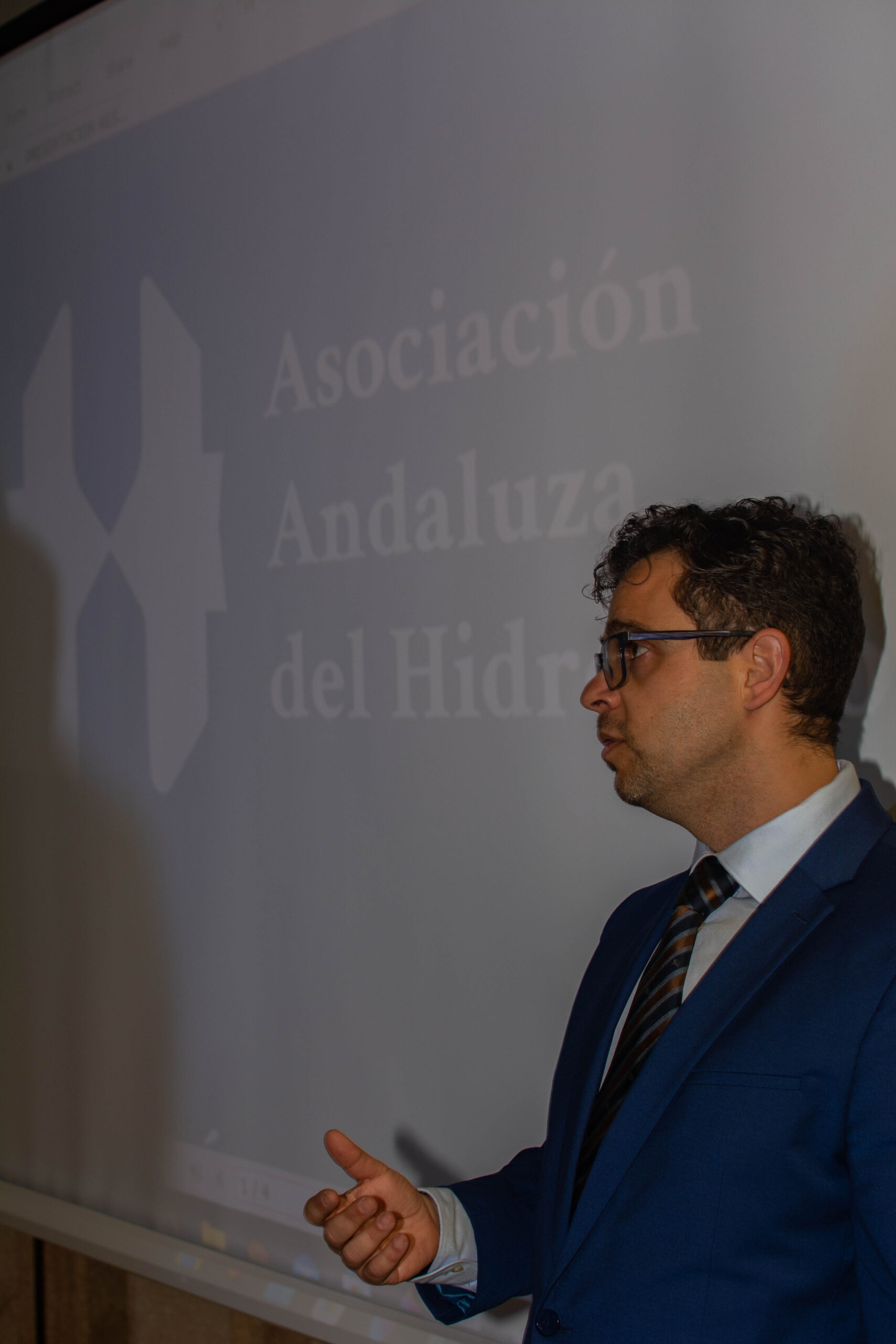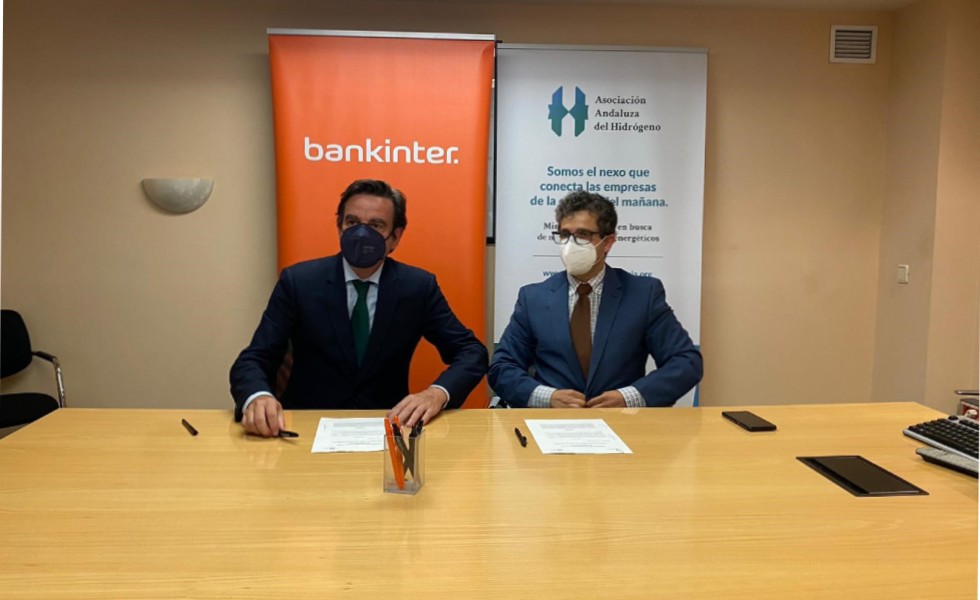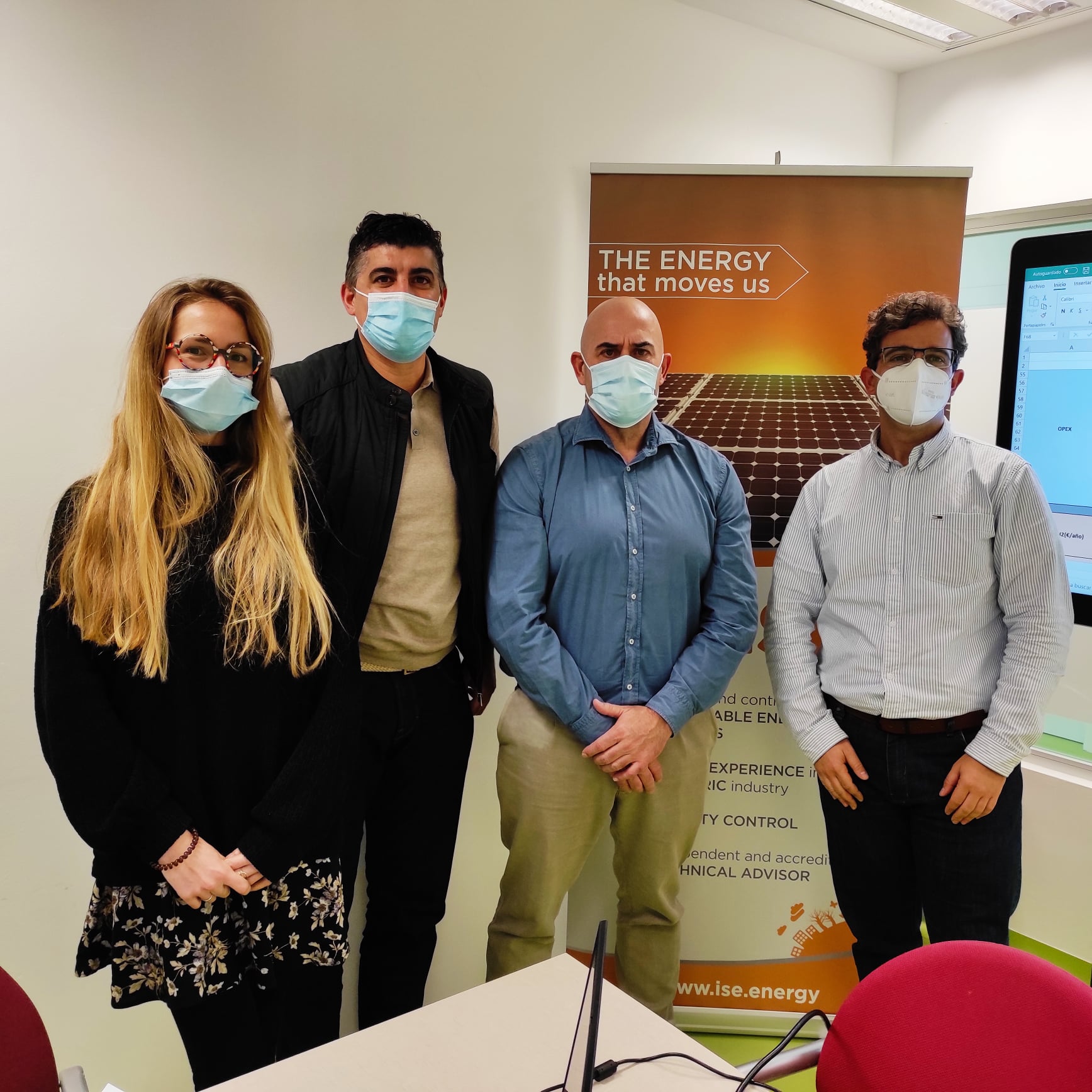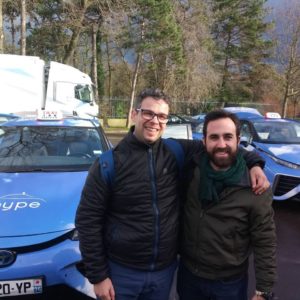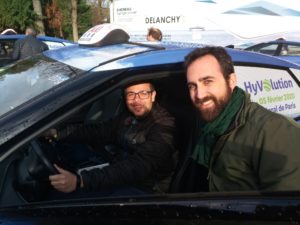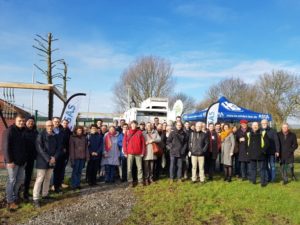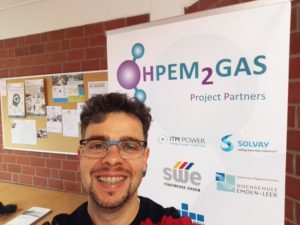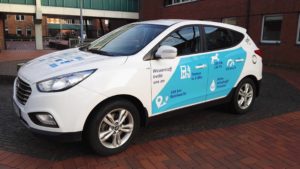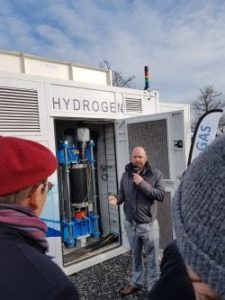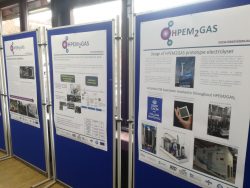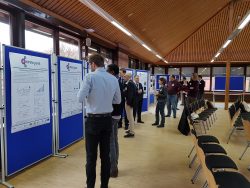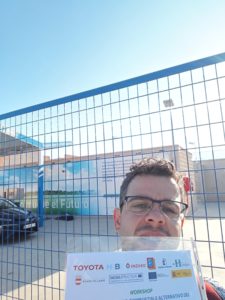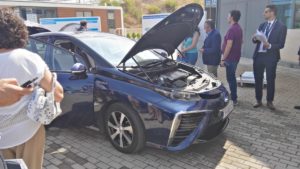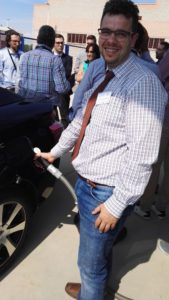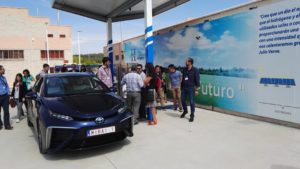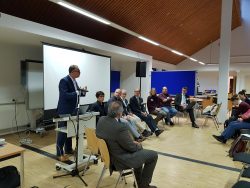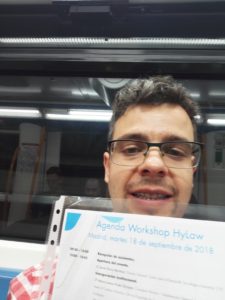Knowledges – Conocimientos.
Below is shown in more detail the non-formal or non-formal training that I have acquired During my education, information has been structured in a temporal order from the most recent to the most distant. Accompanying this information is a proof of the realization of the same. This entire section is excluded from the formal or formal training .
Below is a more detailed account of the training acquired during the preparation workshops for the Telefónica Foundation Imparted by the University of Granada.
The training acquired during the employment and entrepreneurship forum taught at the University of Granada is shown in more detail below.
Below is shown in more detail the companies that participated in the training in the workshops on job search tools taught at the University of Granada.
Below is shown in more detail the companies that participated in the training during the days of professional chemical engineering taught at the University of Granada.
Below is shown in more detail the companies that participated in the training during the days of professional chemical engineering taught at the University of Granada.
Below is shown in more detail the companies that participated in the training during the days of professional chemical engineering taught at the University of Granada.
Below is shown in more detail the companies that participated in the training during the days of professional chemical engineering taught at the University of Granada.
Below is shown in more detail the companies that participated in the training during the days of job search imparted at the University of Granada.
Below is a more detailed list of companies that participated in the training during the days of vocational guidance given at the University of Granada.
The rest of Formal or formal training Can be found in the section on formation.
